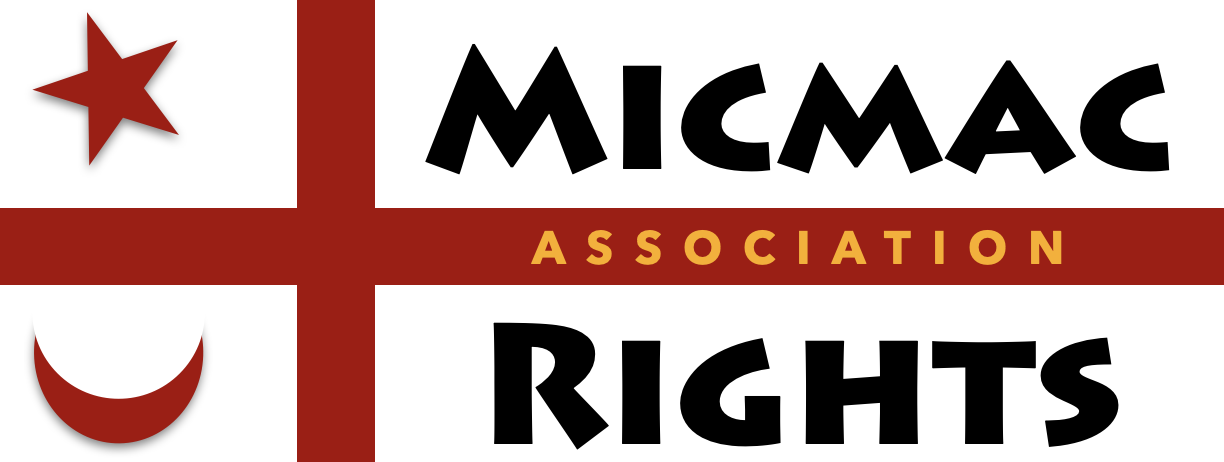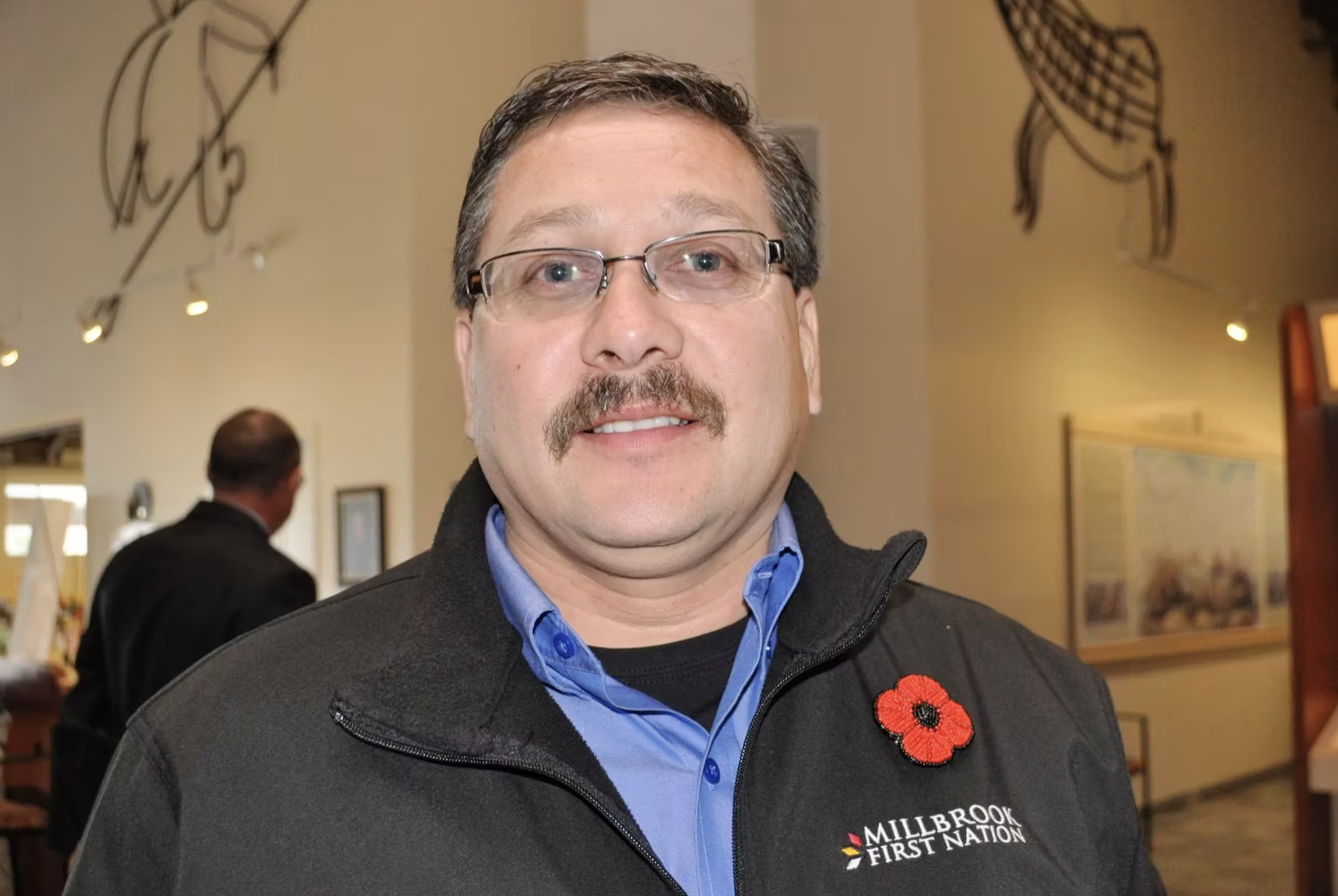Harry Sullivan · Multimedia Journalist | Saltwire | Feb. 15, 2020
MILLBROOK, N.S. — The province’s decision to exclude First Nations from its expansion of retail cannabis outlets is yet another blow to the efforts by First Nations bands to participate in the process, Millbrook’s chief says.
“It’s been an ongoing discussion with the province and there’s been no movement and no cooperation,” said Bob Gloade, who added the province’s latest move has left him feeling both angry and frustrated.
“Everytime we try to work with them they keep pushing us out another two years, another two years. That was the last conversation we had with them. The last conversation with me, they said they are not interested in meeting. It leaves our community in the dark because basically they don’t want to work with us.”
Finance and Treasury Board Minister Karen Casey announced Friday that the province will be expanding its rollout of NSLC cannabis locations by adding 14 new locations, including one in Tatamagouche. That will bring the NSLC cannabis sites to 26 when the expansion is complete.
Millbrook and other First Nations communities want to establish their own band-authorized cannabis retail sites but, so far, the province has not made any attempt to move beyond its NSLC model.
“When we move from that model and I think there is a possibility that we will move from that as we continue through the retail, that both the private sector and First Nations will be part of that,” Casey told the Truro News.
“But at this point we’re staying with the only retailer being NSLC. We recognize that First Nations and a lot of private entrepreneurs want to be a part of it. We have made a commitment that we will do this as we believe is safe, and to make sure that we have expanded into as many parts of Nova Scotia as we can through our NSLC retailers.”
From Gloade’s perspective, however, that position by the province is adding to the frustration of First Nations bands having to put their own plans on hold. And, eventually, he said, it may force them to act on their own.
“It leaves our community in the dark because basically they don’t want to work with us,” he said. “We’re left with the situation where we are going to have to develop our own cannabis regime under Section 35 (of the Indian Act). So, we are going to have to go under the laws of self-government. That’s the only direction we have. It would have been easier to work with the province, it would have made things a little bit easier but they’re not making it easier, so then we have to do our own. But then there’s a lot more work that we would have to do.”’
Currently, there are approximately 12 unauthorized cannabis retailers operating in Millbrook, as well as in other First Nations community across the province.
Gloade said the main intention of band leaders is to create economic development opportunities for their people while also ensuring community safety.
“It’s been a lack of consultation and willingness to work collectively with First Nations communities across the province,” he said.
And, from his perspective, the NSLC model is not working.
“Financially it’s not beneficial and it’s not the most advantageous option that’s available. Privatization would have been easier, inclusion would have been an easier route,” Gloade said.
“This excludes every First Nation community in our territory and Millbrook plans are to develop our own strategy and plan moving forward which is in the best interest of our community in the near future. It will be up to the elected chief and council with community engagement on how we will proceed.”

